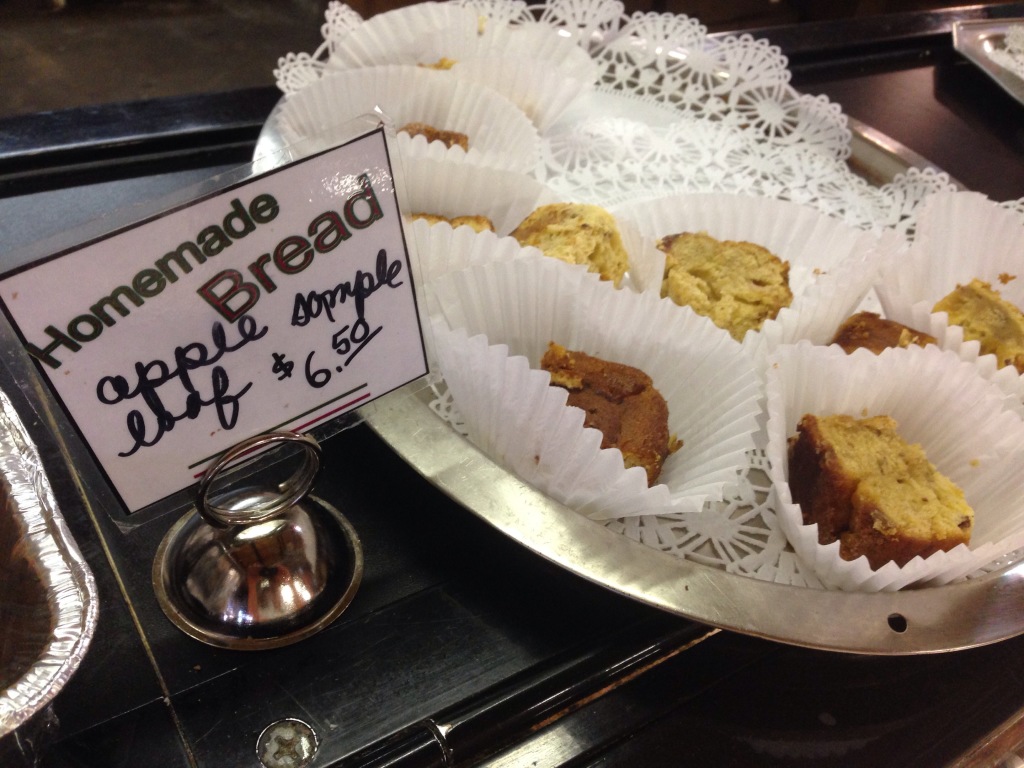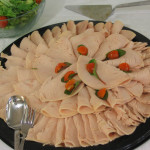If 69-year-old retiree Mr. Erwin Lingitz of Gem Lake, Minnesota had his way, there would be a list of rules and regulations posted at every sample station you might come across in supermarkets and club stores like Costco. Those lists would specify exactly who is entitled to samples, how many you can have, where you’re permitted to eat them, and whether you can share them with others. And there might even be legal forms to fill out, which your lawyer might like to look over, before you can have a taste of anything.
Thankfully for those of us who aren’t Mr. Erwin Lingitz of Gem Lake, Minnesota, that won’t happen. Because a lawsuit that Lingitz filed seeking those rules – along with some $375,000 for himself – has been dismissed.
So now we’re all free to eat as many samples as we’d like – within reason. Otherwise we run the risk of being assaulted and arrested. Just like Lingitz himself.
The incident that prompted Lingitz’s lawsuit occurred almost exactly four years ago, at a Cub Foods store in the Minneapolis-St. Paul suburbs. Lingitz’s lawsuit alleged that, during his many shopping trips to the store, employees “regularly solicited” him to partake in “various samples of food items being promoted for sale.”
So on this day in April 2010, he helped himself. As he entered the store to fill a prescription, Lingitz claimed that the employee manning the sample station offered him free samples of “luncheon meats and sauces”, and allowed him to take additional samples for his wife, who was waiting out in the car.
But store security saw him put something in his pocket and suspected him of shoplifting. Noting the security guard’s “disrespectful, accusatory tone,” Lingitz claimed he “politely asked” him to “please not speak to him that way.”
Lingitz refused security’s requests to empty his pockets, and tried to leave the store. So security guards began a physical struggle with the senior citizen, which ended after they called police, who helped wrestle him to the ground and handcuffed him.
Lingitz was treated for minor injuries, imprisoned and ultimately charged with shoplifting, disorderly conduct and interfering with police officers. After serving a year of probation, those charges were dismissed.
And then last year, he sued the store security guard, police, the supermarket and the county, for a total of $375,000.
All this over lunch meat samples?
It turns out the defendants told quite a different tale. In its response to the lawsuit, Supervalu said there were two “unhosted” sample platters in the store at that time, and that no one personally invited Lingitz to help himself to as many as he wanted, or to stuff any into his pockets to take to his wife. After he was handcuffed, Supervalu said police emptied his pockets and discovered “approximately 14-16 packets of soy sauce, along with one plastic produce bag containing .61 pounds of summer sausage, and another plastic produce bag containing .85 pounds of beef sticks.” They also said he never purchased a prescription that day, and appeared to have simply walked into the store, stocked up on samples, and left.
And this was not the first time Lingitz had allegedly made a meal out of free samples at the store. On previous occasions, Supervalu said the store manager observed Lingitz “taking excessive amounts of food from various unhosted sample platters, and from the store’s cookie club for kids… filling plastic produce bags with the samples or with 10-20 cookies from the kids’ cookie club tray.”
Supervalu said the manager told Lingitz that only one or two samples should be taken. But in his lawsuit, Lingitz points the finger at the store for not making its sample policy more clear. He criticizes Cub Foods for “failing to implement a formal policy” regarding its free samples: “It does not limit its customers to receiving only one sample, nor does it require its customers to eat such samples within the confines its stores.”
Supervalu argued that simple common sense should prevail. The kids’ cookie club is for kids, and nearly a pound and a half of free meat samples should not be loaded into produce bags and stuffed into one’s pocket. “The plaintiff violated societal norms and common customer understanding,” a Supervalu spokesman said in response to the lawsuit.
After a year of making its way through federal court, the case was finally dismissed on Friday. Lingitz received no monetary damages. His attorney did not respond to requests for comment.
Too bad for Lingitz – $375,000 would have bought a whole lot of summer sausage, beef sticks and kids’ cookies. Now he’ll have to settle for mere samples – or better yet, actually pay for his meat and cookies, the next time he wants a bagful or three.
Image source: Robert Neff










